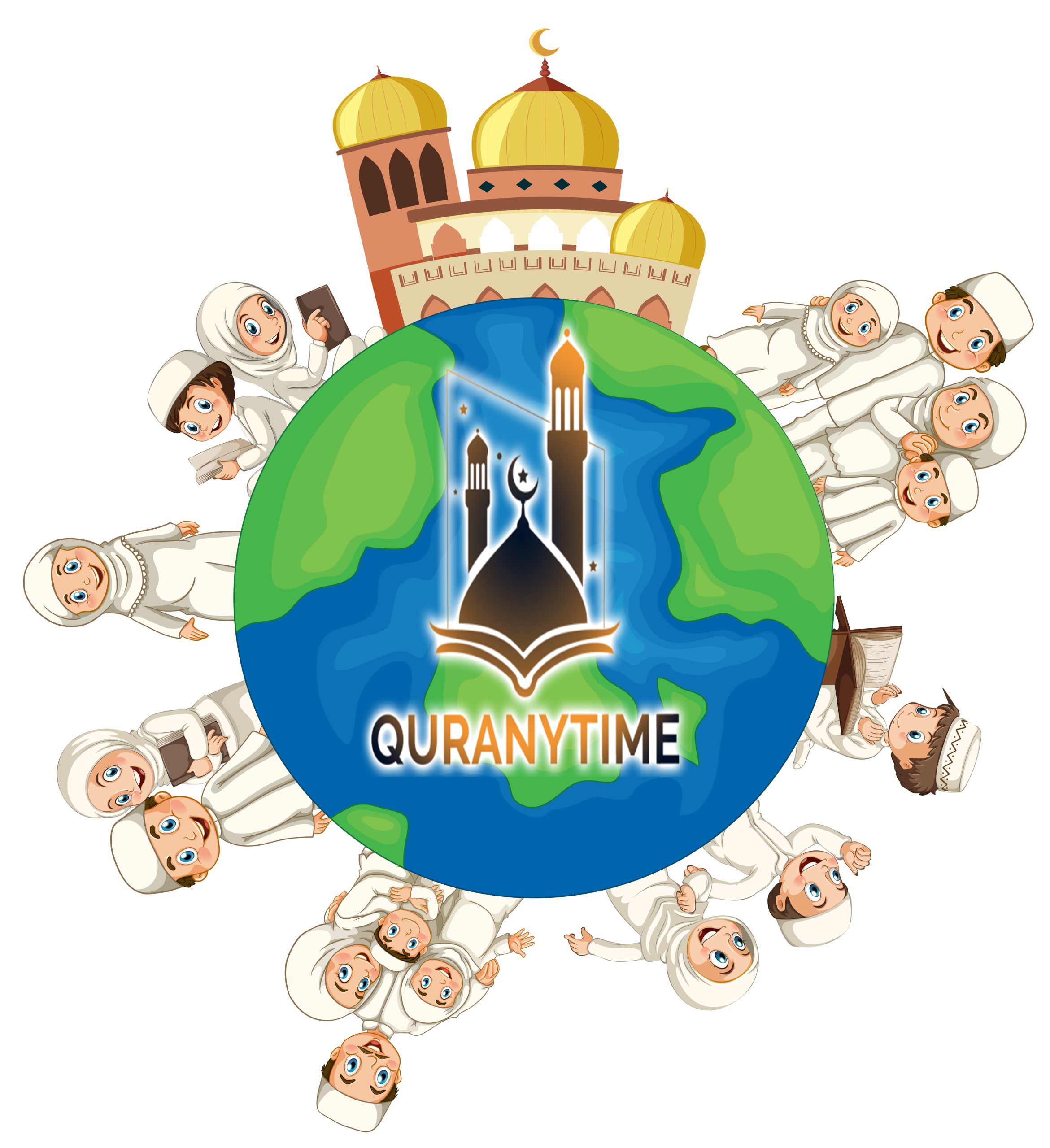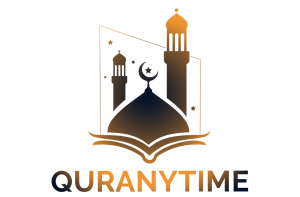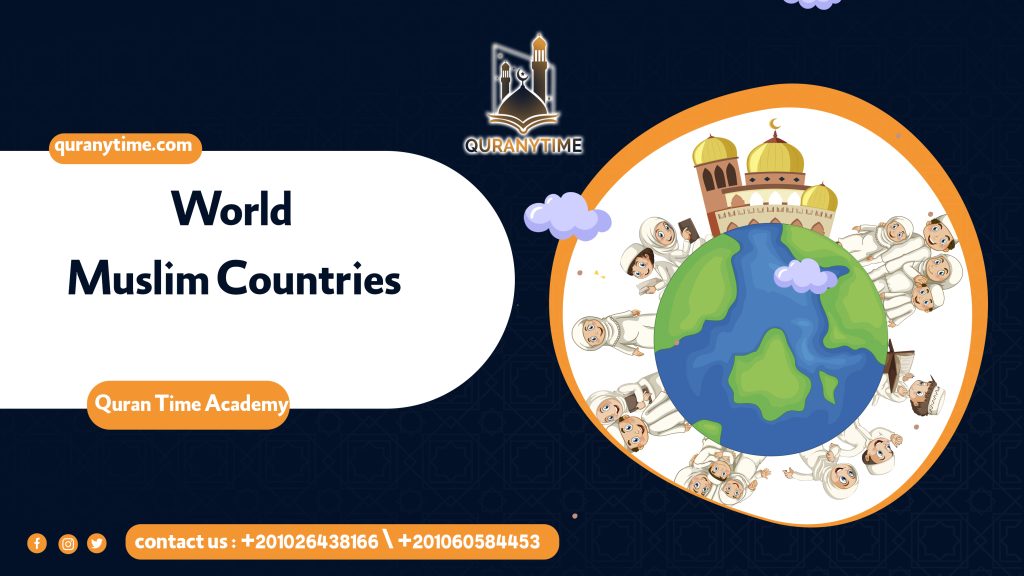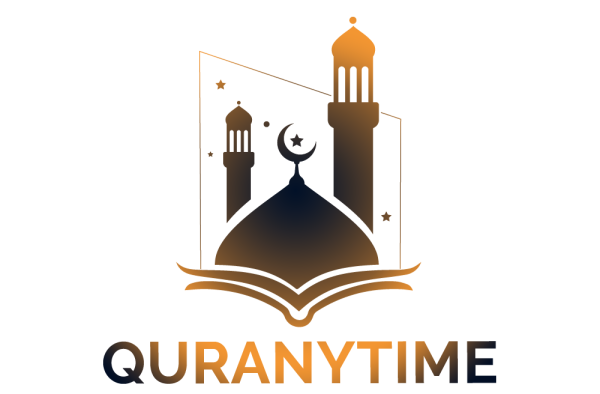World Muslim Countries: The term “World Muslim Countries” refers to countries where Islam is the predominant religion. These nations, spread across different continents, are united by a common belief system, but they are diverse in terms of culture, traditions, and history. Islam, one of the major world religions, has a rich legacy that spans over a millennium, shaping the societies in which it is practiced. In this article, we will explore the cultural and social aspects of various World Muslim Countries without delving into politics or economics.
What Defines World Muslim Countries?
World Muslim Countries are typically those where the majority of the population adheres to Islam. These nations have a deep cultural and religious connection to the Islamic faith, influencing various aspects of life, including language, art, architecture, and daily practices. Although the practice of Islam is the common thread, each World Muslim Country has its unique identity, shaped by its history and geography.
Islam, which originated in the 7th century in the Arabian Peninsula, spread rapidly across vast regions, from Spain in the west to Indonesia in the east. Today, the World Muslim Countries include a wide range of countries with rich Islamic heritage and diverse traditions.
The Diversity of World Muslim
The World Muslim Countries are not a monolithic group. While they share a common religious foundation, there is a great deal of diversity in their cultural practices, languages, and social norms. For example, the way Islam is practiced in the Middle East may differ from how it is practiced in Southeast Asia or Sub-Saharan Africa.
Some of the key factors contributing to this diversity include regional history, local customs, and the different schools of thought within Islam, such as Sunni and Shia Islam. For instance, in countries like Saudi Arabia, Islam is practiced in its most conservative form, while in places like Turkey, a more secular approach to religion can be seen in daily life.
Cultural Heritage in World Muslim
World Muslim Countries have a rich cultural heritage, often reflected in their art, architecture, and literature. In countries like Egypt and Iran, Islamic architecture is a prominent feature, with beautiful mosques, palaces, and fortresses built in traditional styles. The Great Mosque of Al-Azhar in Cairo and the Shah Mosque in Isfahan are examples of stunning Islamic architecture that are revered not just within the World Muslim Countries but around the world.
The art of calligraphy is another important aspect of Islamic culture in many World Muslim Countries. In countries like Pakistan, Indonesia, and Morocco, calligraphy is a respected art form, often used to decorate religious texts and structures. The intricate designs and flowing scripts are a visual representation of the deep spiritual connection that people in World Muslim Countries have to their faith.
Literature also plays a significant role in the cultural identity of World Muslim Countries. The works of famous poets such as Rumi, Hafez, and Ghalib continue to inspire readers worldwide. The Quran, the holy book of Islam, is also a source of literature and reflection in these countries. It is revered not only for its religious significance but also for its linguistic beauty and depth.
Language in World Muslim
While Arabic is the primary language of the Quran and the lingua franca in many World Muslim Countries, the linguistic landscape is diverse. World Muslim Countries are home to a wide range of languages, many of which have been influenced by the spread of Islam.
In countries like Indonesia and Malaysia, Malay and Indonesian are the dominant languages, while in Iran, Persian (Farsi) is widely spoken. In Central Asia, languages such as Uzbek and Kazakh are common, and in parts of Africa, languages like Swahili and Hausa are prevalent. Despite these differences, Arabic remains an important language for religious purposes and is often taught in schools and mosques across World Muslim Countries.
Social Life in World Muslim
Social life in World Muslim Countries is deeply influenced by Islamic principles. In many of these countries, family is the cornerstone of society. Traditional values such as respect for elders, hospitality, and community solidarity play a key role in shaping the social fabric.
In many World Muslim Countries, there is a strong emphasis on communal worship, especially during events such as the holy month of Ramadan. During this month, Muslims in countries like Egypt, Jordan, and Pakistan come together for fasting, prayer, and social gatherings, reinforcing the sense of unity and brotherhood that Islam promotes.
Islamic festivals like Eid al-Fitr and Eid al-Adha are celebrated with great enthusiasm across the World Muslim Countries. These festivals bring people together to celebrate faith, family, and community, with special prayers, feasts, and acts of charity.
Education in World Muslim Countries
Education is highly valued in many World Muslim Countries. The pursuit of knowledge is considered an essential part of a Muslim’s life, as emphasized by the Quran and Hadith (sayings of the Prophet Muhammad). Islamic scholars have made significant contributions to fields like mathematics, astronomy, and medicine throughout history, and many World Muslim Countries continue to place a strong emphasis on education.
In countries like Egypt, Saudi Arabia, and Indonesia, there are well-established educational systems, with both religious and secular schools. Religious institutions, such as madrasas, provide education in Islamic studies, while secular schools focus on a broad range of subjects. This combination ensures that students in World Muslim Countries are well-rounded and prepared for both the spiritual and material aspects of life.
The Role of Women in World Muslim
The role of women in World Muslim Countries is diverse and multifaceted. In some countries, women have made significant strides in education, employment, and political participation. For example, in countries like Malaysia and Tunisia, women have played active roles in shaping the social and political landscape.
Islamic teachings emphasize the importance of treating women with respect and dignity, and many World Muslim Countries are working to balance traditional values with the changing needs of modern society. Women’s participation in community life, from education to social activism, continues to evolve in the context of Islam and local customs.

The Spiritual Life in World Muslim Countries
Spiritual life is at the heart of daily life in many World Muslim Countries. The practice of Islam encompasses all aspects of life, from personal hygiene to social interactions. In countries like Egypt, Turkey, and Iran, the daily call to prayer can be heard five times a day, calling Muslims to pause their activities and engage in worship. This practice reinforces the centrality of faith in the lives of people living in World Muslim Countries.
In addition to the five daily prayers, there are other spiritual practices that play an important role in the lives of Muslims. For instance, the pilgrimage to Mecca, known as Hajj, is one of the Five Pillars of Islam and is undertaken by millions of Muslims every year. Hajj is not only a religious duty but also an important event for spiritual reflection and renewal.
The study of Islamic texts, particularly the Quran, is also a central part of spiritual life in World Muslim Countries. Many Muslims dedicate time to memorizing the Quran and understanding its teachings, which guide them in both their personal and social lives.
World Muslim Countries represent a diverse group of nations united by a common faith. While they share the Islamic religion, the social, cultural, and historical differences between them make each country unique. From the architecture of Morocco to the language of Indonesia, from the social practices of Egypt to the educational systems in Pakistan, the World Muslim Countries provide a rich and complex tapestry of traditions and experiences.
By exploring the customs, languages, and social life of World Muslim Countries, we gain a greater understanding of the deep spiritual connection that binds these nations together. The diversity of these countries is a testament to the adaptability of Islam and its ability to integrate with a wide range of cultures while maintaining its core principles. As the world continues to become more interconnected, the importance of understanding and appreciating the cultures and traditions of World Muslim grows.


